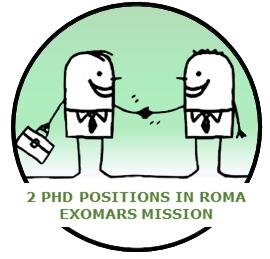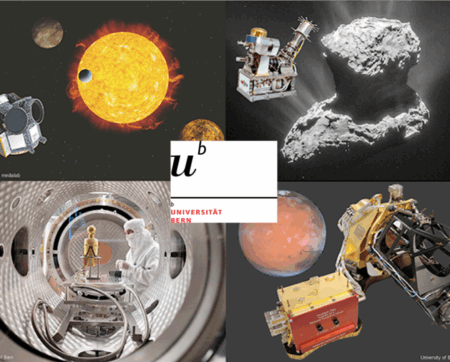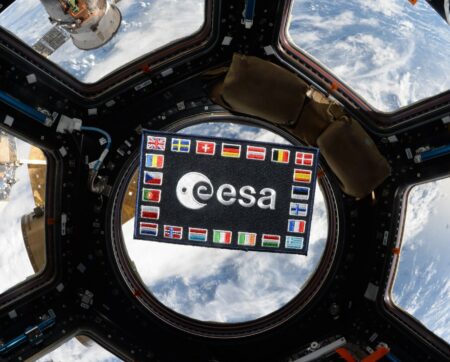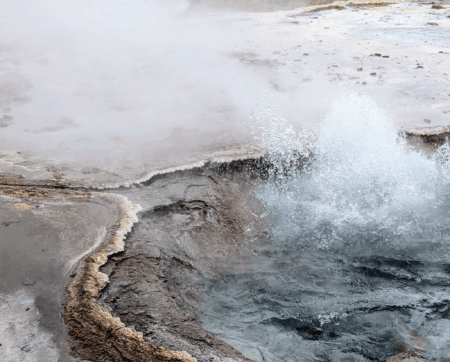Signal processing for Mars spectral data
Summary
The Planetary Fourier Spectrometer (PFS) instrument onboard the Mars Express mission (European Space Agency, ESA) recorded a very large dataset of spectra, thanks to 10 years of orbital observation around the Red Planet, at various places, local time and season, with unprecedented spectral resolution. Among other new detection, the PFS provided a very debated seasonal detection of atmospheric methane of several parts by billions. If true, this detection implies a large amount of methane released at present time, but also imply that methane is destructed very efficiently. Several candidate processes are proposed, including rocks alteration or life. This question has been considered at the top level by the ESA at the point to send the ExoMars Trace Gaz Orbiter mission (planed to launch in 2016 and arrive in 2017) to unravel this mystery. The main objective of this PhD program will be to correct the major limitation of the PFS instrument to have access to local atmospheric properties: the effect of micro-vibrations that can be corrected by blind deconvolution using complex variables.
Among blind inverse problems, blind deconvolution is one of the much harder. Indeed, traditional mathematical priors such as sparsity inside dictionary of elementary atoms do not lead to satisfactory solution. However, a lot of advances have been made, especially when strong priors can be made on the convolution filter, such as in speech dereverberation. Even if the transfer between the signal processing community and some specific applied domain is successful, the PFS instrument has not benefited yet of such advanced signal processing techniques. We plan to adapt and develop new deconvolution tools, and propose them as a end-user toolbox. Especially we will focus on the implementation on very parallelized architecture (GPU/Xeon Phi) to process very large dataset.
The Phd candidate must have the following skills:
– High academic skills in at least two domains: signal processing, physics, programming,
planetary science, remote sensing
– Language skills: good English level (if possible basic French level)
Condition
Phd funded for 3 year: from ~September 2015 to ~September 2018
Salary: 1400 €/month net (social security and taxes included)
Student with equivalent Master degree.
Location
GEOPS (University Paris Sud/CNRS)
Bâtiment 509
Université Paris Sud, ORSAY, FRANCE
Optional Master internship
Student in Master degree could spend their internship before the PhD program in our lab.
Duration: ~March 2015 to ~September 2015
Salary: 500 €/month net (social security and taxes included)
Contact
Frédéric Schmidt
UMR 8148 GEOPS
Batiment 509
Université Paris-Sud
91405 Orsay, FRANCE
Phone: +33 (1) 69 15 61 52
E-mail: frederic.schmidt@u-psud.fr
http://planeto.geol.u-psud.fr/Frederic-Schmidt.html?lang=en
Matthieu Kowlaski
Laboratoire des Signaux et Systèmes (L2S)
UMR 8506 SUPELEC-CNRS-Univ Paris-Sud
3, rue Joliot-Curie
91192 Gif-sur-Yvette Cedex, France
Phone: +33 (0)1 69 85 17 47
Email: matthieu.kowalski@u-psud.fr
http://webpages.lss.supelec.fr/perso/matthieu.kowalski





Aucun commentaire sur l'article Proposition de Thèse Financée à Orsay